If you’re new in New York City and looking to buy a co-op you’ve probably been the shock of the additional high prices that you have to pay—this so-called maintenance charges in a co-op.
Based on the sales data New Yorkers are paying for the co-op maintenance for an average of $1.73 per square foot in the fourth quarter of 2018. So if you have an 800-square-foot apartment you’re going to pay $1,384 for the maintenance fee.
Things that affect Co-op Maintenance Fee
So, what’s in here? We have asked a lot of real estates professional in New York City to explain this additional cost. Here’s what they said.
The Underlying Mortgage
Co-op shareholders make payments on a buildings mortgage and the size of the buildings underlying mortgage affects the monthly maintenance fee.
The Abatements and Taxes
Co-op maintenance fees also include the owners’ share of the buildings property taxes. They pay for real estate taxes for the building and land and though exemptions and abatements credit the shareholders for any reductions it receives co-op shareholders still receive different tax breaks.
The Size of a Building
The apartments’ number is a building will also have a significant effect on maintenance fees. For example, in a 50-unit building, 50 owners share that cost. And where you’re living in an apartment where the pool of shareholders is smaller maintenance fees are higher.
The Basic Amenities
You’re living apartment is that the only thing the causing you to pay more.
What else are you getting? The building’s lobby, hallways, a simple workout area, the laundry room, storage facilities all need to be maintained.
The Next-Level Amenities
When you’re living in a building high-end amenities and services the higher the maintenance the higher you pay. Simply because this building may require more staff, and the residents and have a higher level of expectation of services, so basically the maintenance is likely to be more costly.
The Union and Non-union Building
If there is someone working in a building the non-union building this person could be making $40,000-$50,000 while in union building this person will pay double than that.
The Building’s Mismanagement
This mostly happens when some people aren’t paying their maintenance and the management will likely neglect to protest unfair real estate taxes—could mean extra cash coming out of residents’ pockets.
A Commercial Property in Building
If the building has retail space and is dependent on it to meet expenses, shareholders will mostly hit up with an assessment or higher maintenance fees. This is to make up for the lost income if a retail tenant leaves or there’s a lapse in rental income.
The Land Lease
When the building is paying rent for another entity, land leases are complicated.
Apartment’s Particulars
For example, inconsistencies of layouts in older buildings made it more complicated and are more challenging to set a fair ratio.

